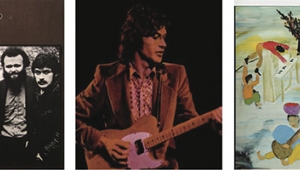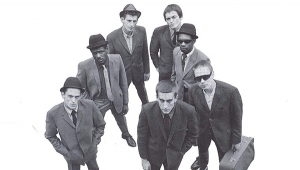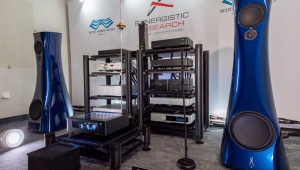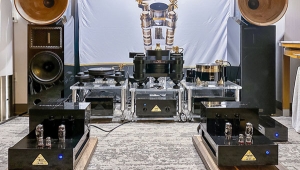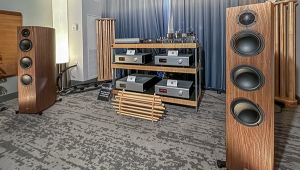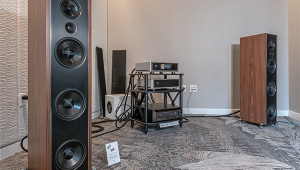| Columns Retired Columns & Blogs |
Nice post, and the original article was world-class. There's no excuse for the bitterness/jealousy present in certain comments, they are kind of pitiful. All of us in this hobby spend/devote a whole bunch more to this that a rational person would. I don't tell my wife about the stereo $, not because I think it's wrong, but because it's kind of embarrassing to spend as much on a power cord as a normal person spends on an entire system. I do not think there is anything wrong with that...until it becomes a destructive addiction. Sadly, it seems to have cost Ken more than he should have allowed










